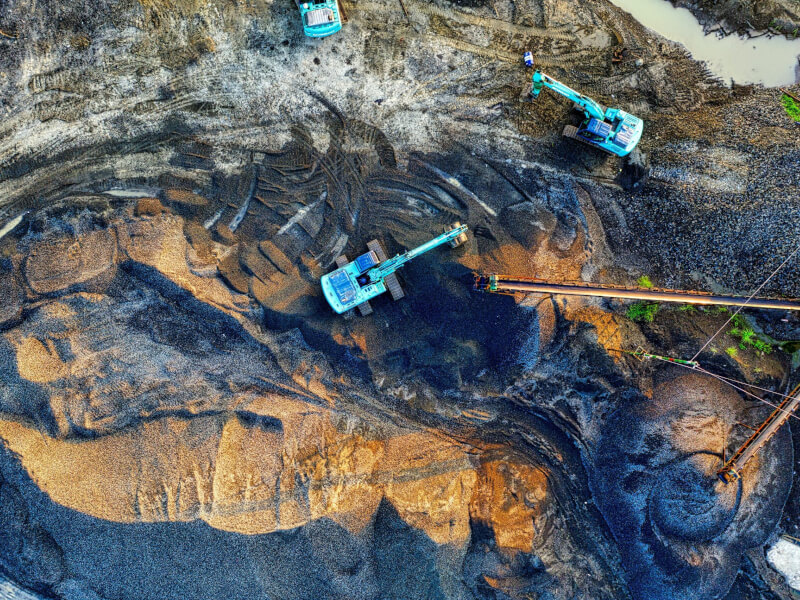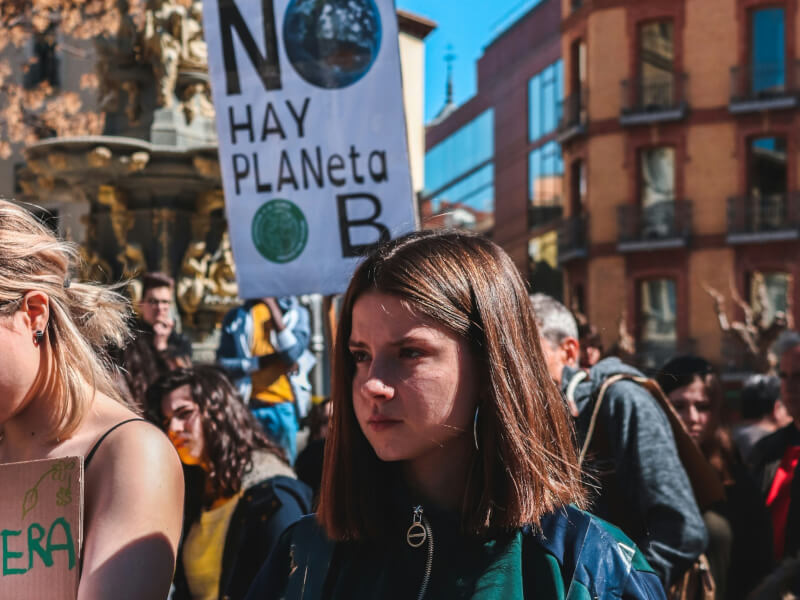15 October 2025 – In its submission to the public consultation on the EU’s Circular Economy Act, the Materials and Consumption Taskforce makes three key recommendations. In this interview with Taskforce co-chair Lewis Akenji, he unpacks why a provisioning systems approach is necessary, why circular economy must go beyond recycling and how Europe has both a challenge and an opportunity to lead.
In its submission, the Taskforce talks about the importance of a provisioning systems approach in the new circular economy strategy. What are provisioning systems and why are you making this recommendation?
Consumption is a hot potato issue, suggesting no one wants to touch on it – yet report after report shows that it’s one of the most important things. Extraction and processing of materials account for about 90% of biodiversity loss, half of greenhouse gas emissions and about 30% of pollution. If you target food, transportation, housing and consumer goods then you’re tackling over 80% of emissions and the largest biodiversity impacts globally. These are also where we see inequality, housing shortages and cost of living crises.
Provisioning systems ask: what do we need and how are we providing it? Right now, we have a bloated agri-food industry churning out ultra-processed foods, speculative housing markets leaving people homeless and a car culture financed from public resources causing traffic and pollution. To address consumption and wellbeing in this crisis, we must examine the system from design to extraction, production and distribution and align it with our biophysical limits and human needs. That’s the core of the provisioning systems approach.
If we want to measure whether these systems are working—not just economically, but for people and planet, what indicators could we look at?
There are already frameworks linking social issues, consumption and production to the planet’s regenerative capacity. Planetary boundaries are a well-known example. From the provisioning perspective, the question is how to create a fair consumption space for everyone. This space sits between an environmental ceiling and a social floor. Above the ceiling, we risk climate and ecological collapse. Below the floor, people fall into undignified lives. A fair consumption space ensures equity! Therefore, indicators should look at environmental impacts, efficiency, equitable access and whether people’s lives are dignified. Ultimately, we must ask: are we prioritising needs and wellbeing, or are we just squandering our resource budget for profits?
How do we make sure that circular economy solutions don’t leave anyone behind, especially communities already facing social or economic challenges?
In the past, circular economy has been interpreted too narrowly as recycling and efficiency. That’s useful, but it’s only a tiny part of what circularity is about. Circularity must ask how production and the economy are directed to meet needs. Otherwise, we risk shifting burdens with extracting resources in places like Congo or Peru for consumption in Europe or North America, leaving others worse off. A genuine circular economy must feed into everyone’s wellbeing, not just investor profits. It should strengthen cultures, reduce inequalities and create meaningful living. That means shifting towards sufficiency, fairness and intelligent provisioning systems.
You talk about redesigning provisioning systems to be both lighter on resources and richer in life. What opportunities do you see for Europe?
For better or worse, circular economy is Europe’s trump card. It’s the centre of gravity for Europe’s sustainability policy and influences much of the world. That gives Europe the opportunity to take stock, learn from past implementation and lead globally.
Europe depends heavily on external resources, so leadership means ensuring resource use is fair, not just dictated by economic power. It means asking whether the circular economy prioritises citizen wellbeing or just investor wealth. We’ve suggested creating an international materials agency to oversee resource use fairly. This Act is Europe’s chance to step into true leadership to ensure that materials go where they are most needed, avoiding unintended burdens on poorer countries and putting citizens, not just markets, at the centre.
Is there anything else you’d like to highlight about the submission?
One tendency in sustainability policy is to focus narrowly on industry tweaks while leaving unanswered the bigger question: what is the economy for? Is it just an engine for global power plays, or is it designed to sustain wellbeing? Are we building equitable systems that serve everyone, or architectures of governance that answer only to money and power? After a decade of circular economy strategies, influencing China, the US, Latin America, Africa and Asia, we must ask: what have we learned? What must we do differently? The Act must embed lessons on inequality, overconsumption and bad actors trying to derail progress. Only then can Europe claim true leadership in designing systems that meet human needs within planetary boundaries.




